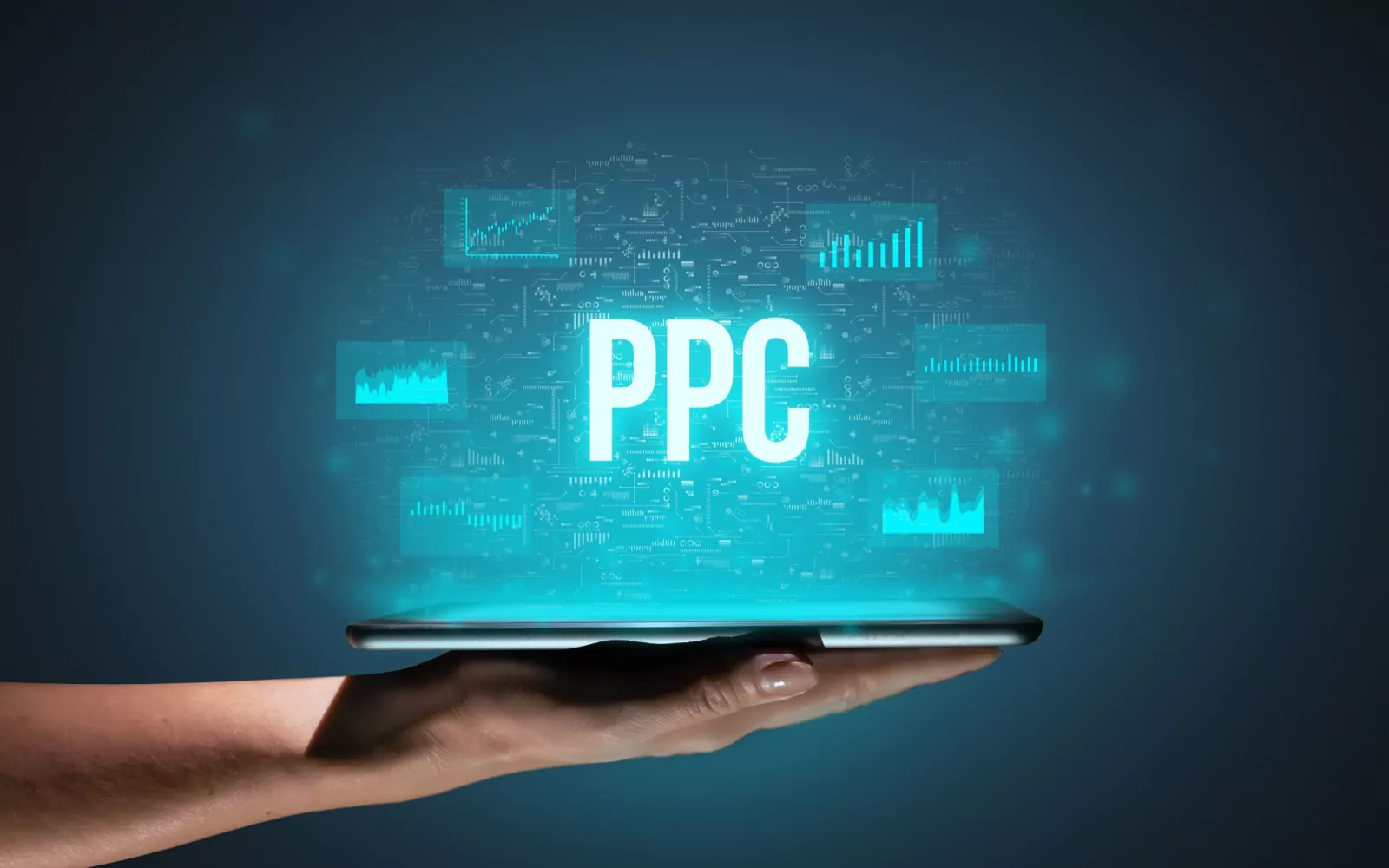PPC services can have a huge impact on local businesses – it just depends on how well you use them. You will have a competitive advantage both online and offline, which can help you increase sales while reducing your advertising costs. If you don’t get it right, it will not only be a waste, but it can also work against you, as customers may choose to go with the competition.
Follow our tips to learn how the PPC Company in India impacts local businesses today!
Table of Contents
Organic Search: The Power of Organic Search
It is possible to convert an online customer search for your service or product into a satisfied customer. Ranking highly on search engines like Google or Bing will drive traffic to your website and convert visitors into paying clients. Lower rankings may drive potential customers away.
PPC services are a smart investment because it is not always easy to rank highly. PPC services can help your local business rank higher for relevant phrases and keywords.
You will be more visible to potential customers when they search for your product.
PPC Advertising: The Current Situation
Google Analytics or another web analytics tool can be used to determine how many people are visiting your website via search engine results. If your PPC ads are correlated with increased traffic, you may want to consider investing in paid advertising over the long term. It depends on your business whether it’s worth it.
Some businesses are able to generate more qualified leads from organic search results than they need without any ad budget.
What Do the Numbers Say?
More than half of small business owners who invest in PPC report that it has positively impacted their company. 83% claim it has increased traffic, leads and sales. Consider investing in PPC for your business if you want to increase customer traffic.
For every dollar you spend, you can expect to generate almost $4 in revenue. You don’t need a large budget to get good results with PPC marketing. A minimum monthly spend of $25 is enough.
What is Organic Search?
Local businesses can gain a foothold by using organic search to drive traffic to their website and connect with their customers. Since they don’t pay for the exposure, small businesses tend to benefit more from organic search. Before diving into organic search, you should know a few things.
Organic Search: The Upsides and Downsides
Organic search can be a great source of traffic for small business. Organic search may not be as cheap as PPC, and it does not always produce the same number of qualified leads. Even if you do get some leads through organic search, the quality of those leads might not be what you were expecting.
It’s still important to keep in mind that, while paid advertisements are great for driving targeted traffic to your website, many of those visitors will leave your site and go to Google or one of your competitors if they don’t feel you’ve captured their attention within the few seconds when they land on your page.
How to capitalize on organic search results
Organic search results still matter, even though paid search services like Google AdWords may seem to get all the attention when it comes Internet marketing. Organic searches account for nearly 22% (or one-fifth) of all U.S. Internet traffic each month. According to Marketing Charts, organic searches account for nearly 22% of U.S. internet traffic every month (that’s one-fifth! Many companies use PPC services to improve their organic search results.
How Does Paid Advertising Work?
Paid advertising services like Google AdWords allow companies to display targeted ads to users who are searching for specific keywords or phrases. When a user searches for something specific, the targeted ad appears above or beside search results. If you are searching for a business advisor in Google, your name and contact details may appear as an ad.
Paid advertising is often part of a company’s overall marketing strategy. It allows the business to reach customers that they may not have otherwise reached.
Paid advertising is a good way to test the market before investing in expensive and time-consuming forms of advertising, such as TV or print ads.
How does AdWords work?
It can be difficult to decide which PPC option is the best if you are just getting started. Paying for clicks (CPC) is only applicable when someone clicks through to your ad. While paying per impressions (CPM), you pay only when someone views your ad. Both strategies can be effective in certain circumstances.
Understanding the differences between each will help you select a strategy for your business. Pay-per click advertising is growing in popularity as internet searches are becoming more personalized and refined for each user, making it an increasingly attractive choice.
Google Ads or paid search vs. SEO/Content marketing?
Paid search, SEO/content marketing and other forms of online advertising are often pitted together. Each side argues that their medium is superior. Does one medium outweigh another or do they both replace each other? Do you have to choose one? No.
Marketing Consultation
Both can be effective if done correctly. What works best for you depends on your audience and goals.
If you want to build a brand that is authoritative and has a large following, then content marketing may be the best option.
AdWords For Your Business: Things to Consider
You’ve decided to invest PPC services in your business. You should think about a few factors before you invest in PPC services.
- How can I track ROI (return on investment)?
- What keywords should I bid for?
- What copy should I use for my ad? What ad copy should I use?
- Do you have any best practices that I should be following?
Google AdWords’ conversion tracking and remarketing campaign are the best ways to track ROI. You will be able to see how many people clicked on your ad, or went to your website after seeing it. Google’s Conversion Tracking page has all the information you need to set these features up.
Cost per click (CPC), vs. Cost per impression (CPM) in Google AdWords
The first decision you need to make is whether or not you want to pay by Cost Per Click (CPC), Cost per Impression (CPM)? CPC ads charge you each time your ad appears, while CPM ads charge you every 1000 times that your ad appears.
If you’re running a CPC ad campaign then you will pay less per click the more you receive. CPM is a good option if you’re looking to get more people to view your ads, but aren’t concerned about the number of clicks.
CPM campaigns will likely be more costly because they have higher daily limits.











